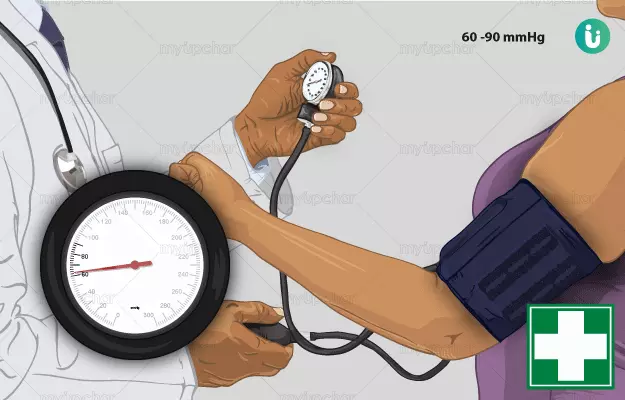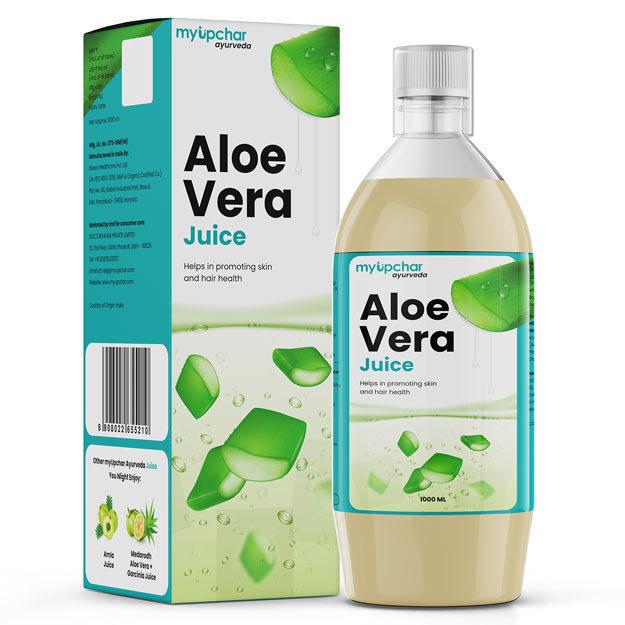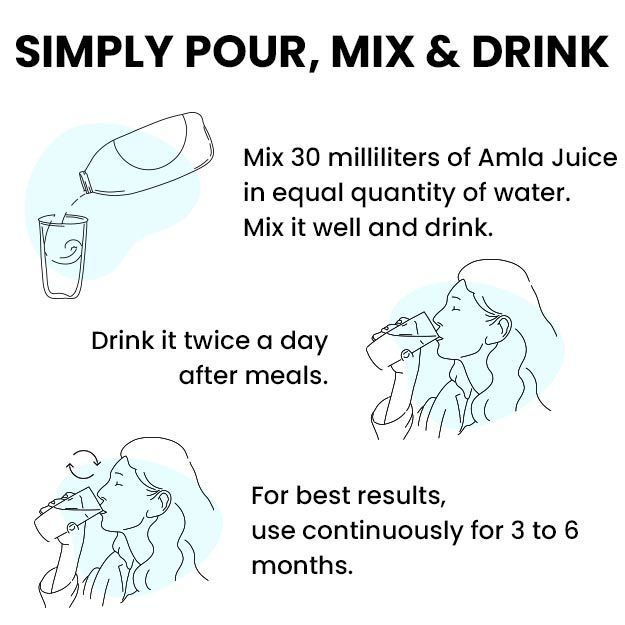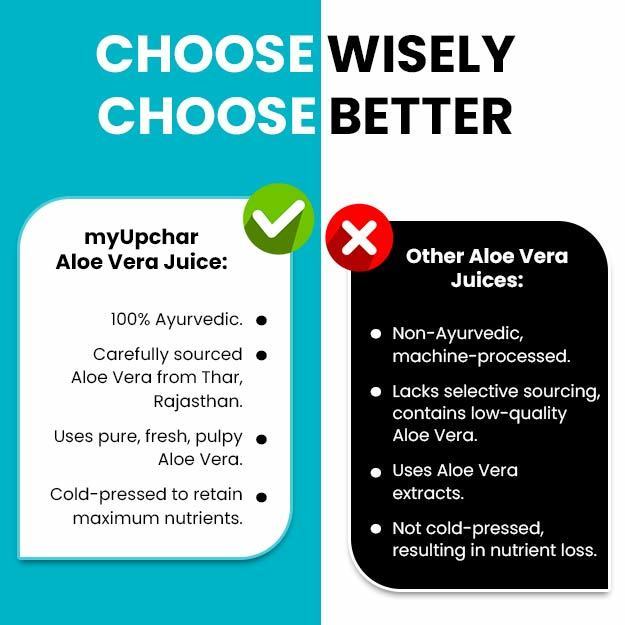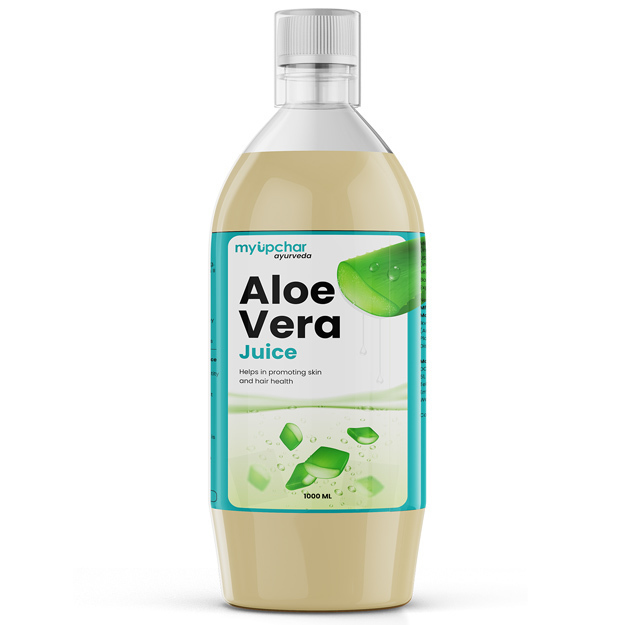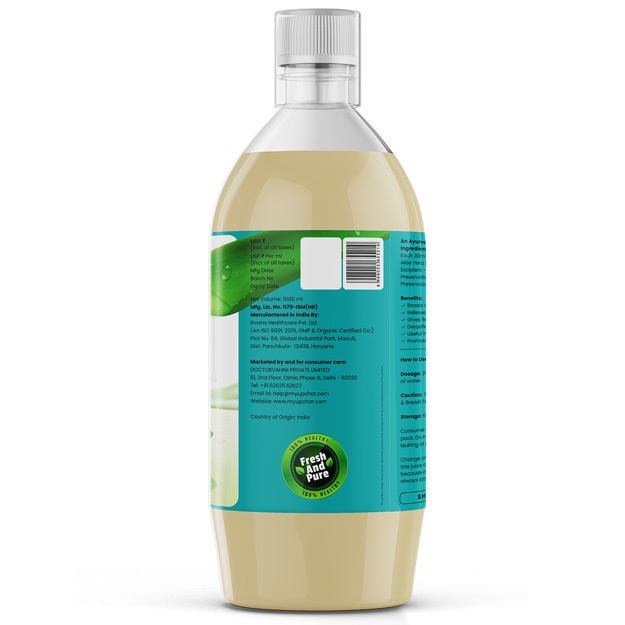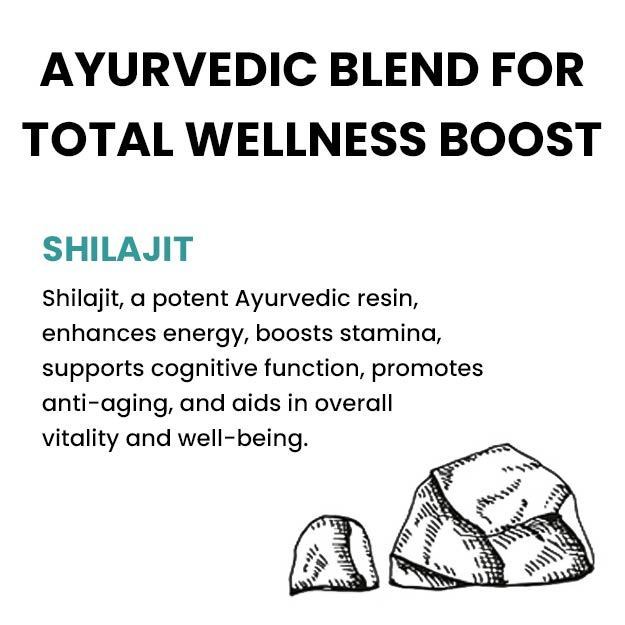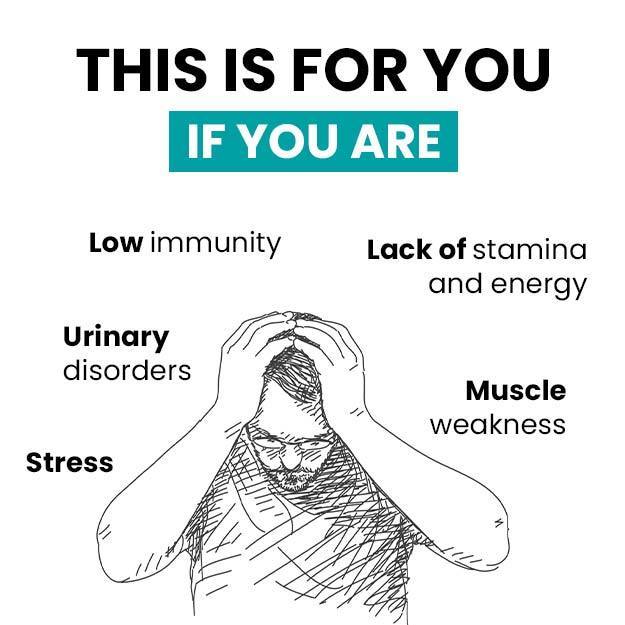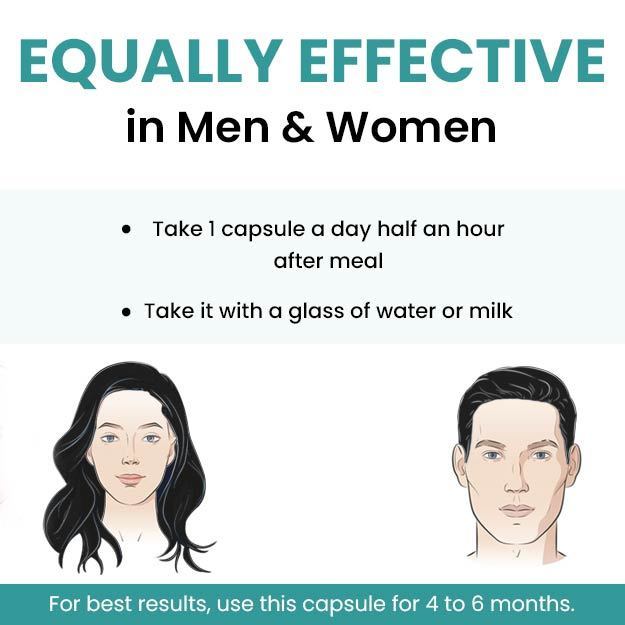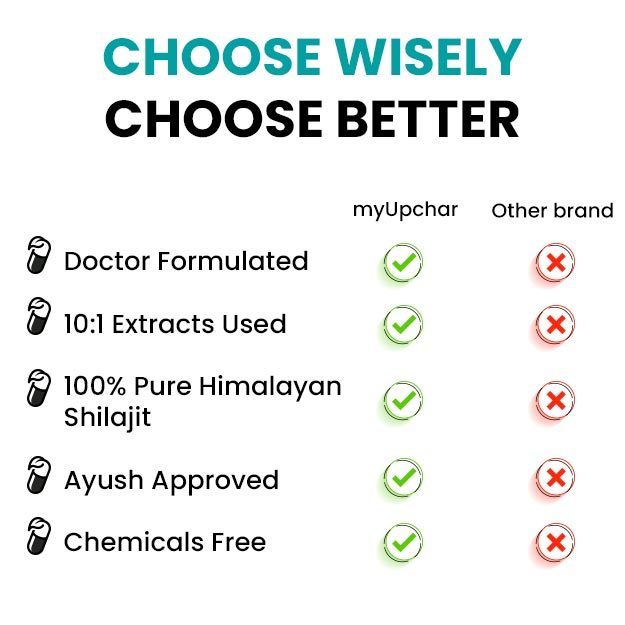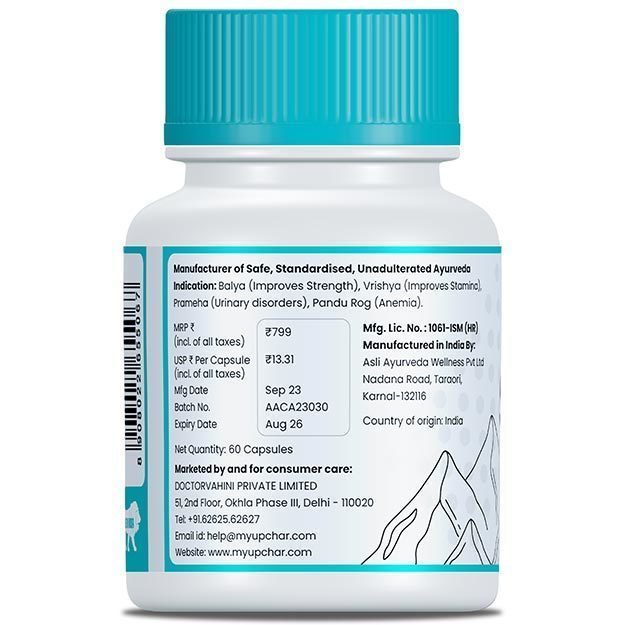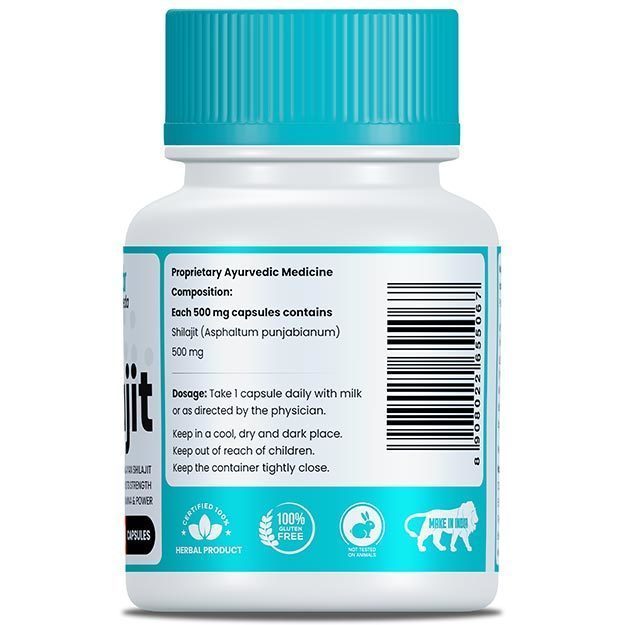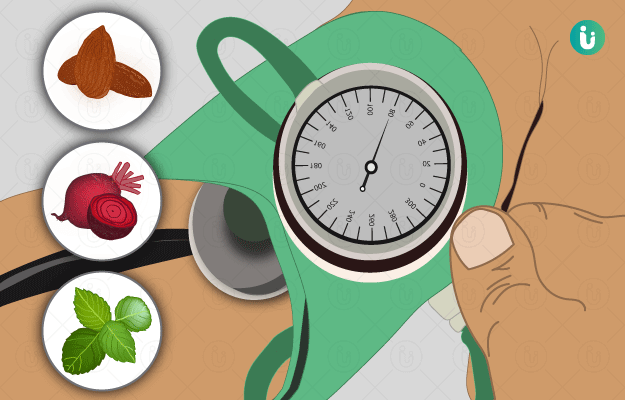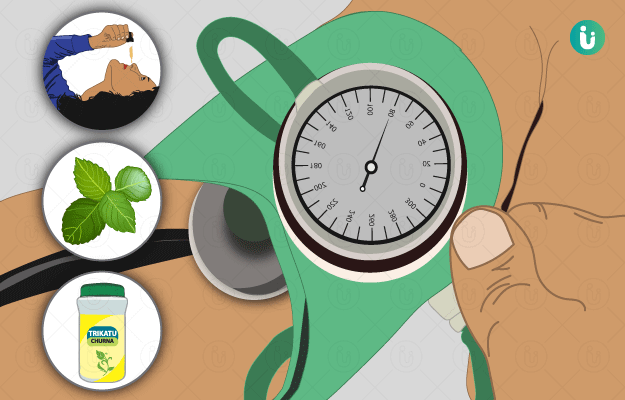Low blood pressure means that the blood pressure is so low that not enough blood reaches the body parts. This causes many symptoms. Low BP is usually not a sign of any problem, but the symptoms caused by it can cause trouble. Often people complain of high BP and it is good for them to have low blood pressure. However, excessively low BP levels can cause many symptoms and problems.
Low blood pressure can be a sign of good health, but persistent low BP or sudden low blood pressure can cause serious health problems.This article explains what happens in low BP, what to do if blood pressure becomes low and when to go to the doctor for this.
(Read more - How to measure blood pressure)
- What Happens When Blood Pressure Is Low?
- What Should Be Done If The Blood Pressure Becomes Low?
- When To Visit A Doctor For Low BP?
- Summary
What Happens When Blood Pressure Is Low?
Many people do not have any symptoms or problems due to low blood pressure, for such people having low BP is not a matter of concern. However, other people may have the following problems due to low blood pressure -
- Dizziness
- Feeling tired
- Feeling faint
- Shortness of breath
- Difficulty concentrating on any work
- Nausea
- Chest pain
- Blurred vision
- Rapid heartbeat
- Discoloration of skin
- Cold skin
- Feeling confused
- Irregular heartbeat
- Feeling excessive thirst
Many people feel the symptoms of low blood pressure only when they stand up. If the blood pressure becomes too low, then a state of shock can also occur due to the body parts not getting enough oxygen.
(Read more - Low Blood Pressure Side Effects)
What Should Be Done If The Blood Pressure Becomes Low?
Mostly no medicine or treatment is required when the blood pressure is low, but if you are experiencing its symptoms, then you can do first aid in the following way -
- After waking up in the morning, sit for some time before standing up from the bed. Standing up immediately can reduce your BP further. Try not to lift any heavy items.
- When the blood pressure is low, caffeine-containing substances, such as tea or coffee, can increase your BP for some time. If the blood pressure is low, drink tea or coffee immediately.
- You can also eat salty food to increase blood pressure.
- Keep your head slightly elevated while sleeping. Put pillows under your head to support it.
- If your blood pressure remains low, do not drink alcohol. Alcohol causes dehydration in the body.
- Try not to stand in one place for a long time.
- Drink as much water as possible so that your body does not get dehydrated. Apart from water, you can also drink juice or soup.
- If you start experiencing symptoms of low BP while standing, cross your legs and press your thighs together. Doing this will increase your blood pressure.
- Eat food rich in health and nutrition. Do not forget to eat fruits, chicken and fish with meals.
- Try not to stay in hot water for a long time.
- If your blood pressure remains low, chew a few basil leaves every morning. Basil leaves contain elements that maintain the right level of your blood pressure.
- If your blood pressure remains low, exercise daily to keep it normal.
- If you are standing and you are experiencing symptoms of low BP, place one of your feet on a table or chair and bend forward as much as possible. By doing this, blood will flow from your feet towards your heart and your blood pressure will increase.
- Try not to strain too much while passing stools or urine.
- If your blood pressure remains low, you can eat raisins. Raisins contain such gunas that keep the blood pressure level correct.
- As soon as you start feeling dizzy due to low blood pressure, sit down. Dizziness increases the risk of falling, which can cause you injury.
- Try to eat food with minimal carbohydrates.
- If you have a cold or flu, drink plenty of water.
If you always have low blood pressure or are troubled by its symptoms, go to the doctor so that they can check you for any internal problem. The section below describes such situations when you should go to the doctor.
(Read more - What To Eat For Low Blood Pressure)
When To Visit A Doctor For Low BP?
It is believed that if your blood pressure is low and you are not feeling any symptoms, then there is nothing to worry about. If your BP remains low without any symptoms, then you do not need to visit a doctor, but you should know what to do or eat that can lower your BP further because problems can occur if the blood pressure becomes very low.
Our blood pressure keeps fluctuating on its own and it takes some time for the body to normalize the blood pressure again. However, problems caused by low blood pressure can also mean an internal problem, such as allergies, infections, etc.Visit a doctor if you experience the following symptoms -
- Feeling unstable or unwell.
- Feeling dizzy.
- You are experiencing symptoms of low BP due to taking any medicine
- Skin color is fading.
- Blurred vision.
- Feeling nauseous.
- Feeling faint.
- You are feeling tired.
- You have low blood pressure and are feeling its symptoms repeatedly.
(Read more - Risks of Low Diastolic Blood Pressure)
Although low BP is not a serious problem, if you experience any of its symptoms, you must visit a doctor once so that they can check you for any internal problem.
Note: You should take training before giving first aid. If you or someone around you has any kind of emergency health problem, contact a doctor or hospital immediately. This article is for information only.
Summary
If blood pressure (BP) drops, the first thing a person should do is sit or lie down comfortably and keep the legs slightly elevated, so that blood flow can improve. Increasing salt and water intake may be beneficial, as salt helps to increase blood pressure. If you feel weak or dizzy, immediately take glucose or a sweet drink. Caffeinated drinks, such as tea or coffee, are also helpful in increasing blood pressure. If the problem is recurring or is severe, it is necessary to consult a doctor, so that proper treatment can be done.

